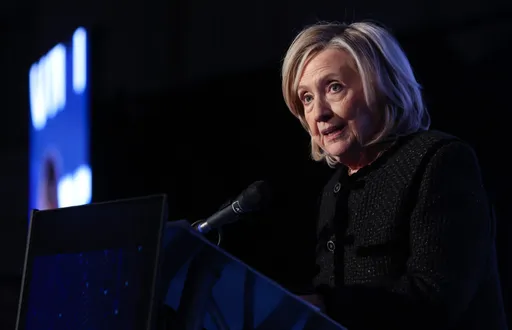Equity markets has dived again, with Wall Street officially entering a bear market as investors bet on more aggressive Federal Reserve rate hikes to address runaway inflation.
Global markets churned on Monday in the aftermath of the latest US consumer price data, as bitcoin fell to an 18-month low, the dollar streaked higher and oil prices zig-zagged.
"The hangover from a higher-than-expected US inflation reading is continuing to cause scissoring pain throughout the markets, as it extinguishes the hope the US Federal Reserve might be able to take its foot off the pedal on interest rate rises," noted AJ Bell investment director Russ Mould.
The S&P 500, the broad-based Wall Street equity index, plummeted 3.9 percent to finish the day at 3,749.53, a drop of more than 20 percent from its most recent peak on January 4 –– the definition of a bear market.
Bourses in Paris, Frankfurt, Tokyo and Hong Kong all fell at least two percent.
The report on Friday showed US consumer prices jumped 8.6 percent compared to May 2021, hitting a fresh 40-year high, topping expectations and dashing hopes that price pressures had peaked.
Inflationary pressures
The Fed has signaled plans for a second large 0.5 percentage-point interest rate hike on Wednesday.
But more voices are projecting a three-quarter point increase. Barclays said the more aggressive move was called for "to reinforce credibility and get ahead of inflationary pressures."
The concerns sent the yield on the 10-year US Treasury note, a proxy for interest rates, above 3.3 percent, the highest level in more than 11 years.
"The market is now thinking much more about the Fed driving rates sharply higher to get on top of inflation and then having to cut back as growth drops," said SPI Asset Management's Stephen Innes.
The dollar, however, gained ground against major rivals, benefiting from its status as a haven investment and expectations of rapidly rising interest rates.
The US currency struck a 24-year peak against the yen before retreating, while it broke above 78 Indian rupees for the first time, and jumped more than one percent versus the pound.
Oil prices shook off early weakness and edged higher despite fresh worries about China, where Beijing launched a new round of mass testing in the city following the latest Covid-19 outbreak.
Bitcoin crash
Bitcoin tumbled to an 18-month low of under $23,000 as investors shunned risky assets in the face of the vicious global market selloff.
The unit took a heavy knock also from news that cryptocurrency lending platform Celsius Network paused withdrawals, citing volatile conditions.
"It is not very surprising to see such a strong downturn as we have noticed an increased correlation over the last few years between traditional stocks, which have also tanked recently, and the cryptocurrency market," noted XTB chief market analyst Walid Koudmani.
Patrick O'Hare, analyst at Briefing.com, said the carnage in the crypto market "is compounding worries about growth prospects due to the reduced wealth effect that also incorporates falling stock and bond prices."























